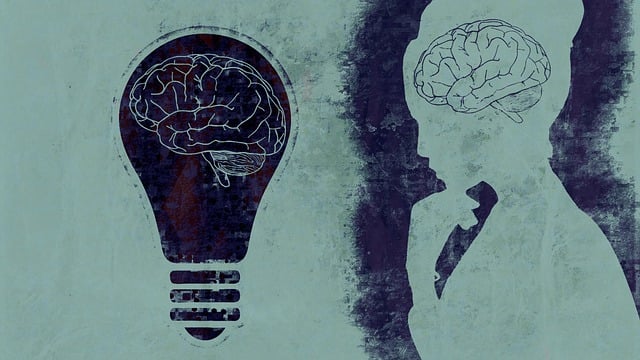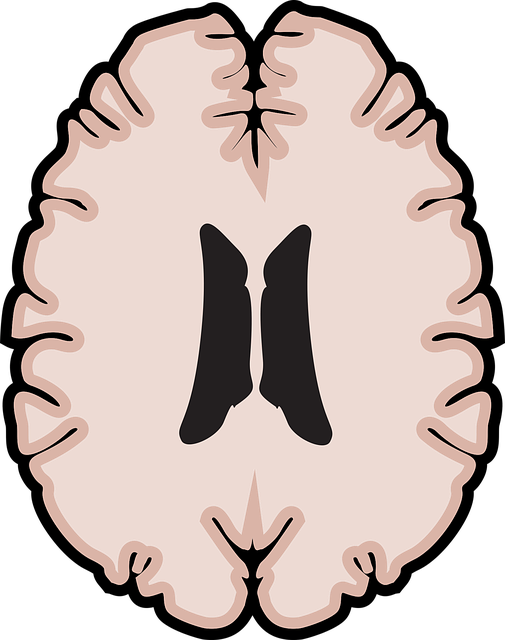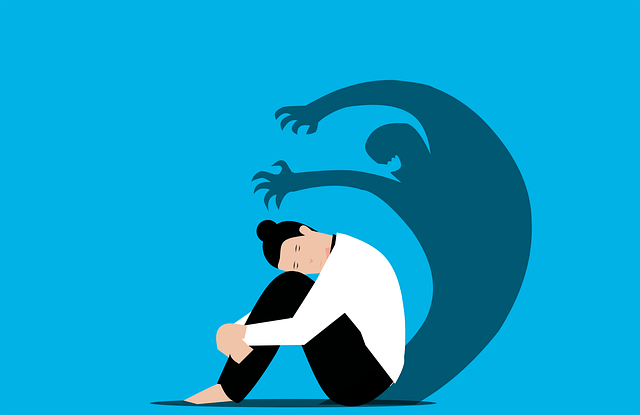Louisville's holistic approach to chronic illness management emphasizes positive thinking exercises integrated into personalized treatment plans, leveraging the mind-body connection for improved physical and mental health. Culturally sensitive care and public awareness campaigns promote early intervention and open conversations about mental health, leading to enhanced quality of life. Practices like Compassion Cultivation and Trauma Support Services within Louisville Chronic Illness Therapy equip individuals with tools for risk management, emotional balance, and stronger social connections, ultimately fostering resilience and life satisfaction.
In Louisville, chronic illness management benefits greatly from positive thinking exercises. This holistic approach empowers individuals to navigate their health journeys with resilience and optimism. Understanding the profound impact of positive mindset on overall well-being, this article explores effective strategies for integrating these practices into therapy. We’ll delve into designing tailored exercises and sustaining positive thinking habits for long-lasting results in Louisville chronic illness therapy.
- Understanding Positive Thinking and its Impact on Chronic Illness Management in Louisville
- Designing Effective Positive Thinking Exercises for Therapy
- Integrating and Maintaining Positive Thinking Practices for Long-Lasting Well-being
Understanding Positive Thinking and its Impact on Chronic Illness Management in Louisville

In Louisville, positive thinking exercises have emerged as a powerful tool in managing chronic illnesses. This approach, often integrated into holistic treatment plans, leverages the mind-body connection to enhance overall well-being. Chronic illness management in Louisville isn’t just about treating symptoms; it’s about empowering individuals to cultivate a mental mindset that can significantly influence their physical health. By encouraging positive thinking, patients are equipped with a strategic tool for risk management planning, not only for their immediate health but also for the long term. This proactive approach is further supported by cultural sensitivity in mental healthcare practice, ensuring that diverse populations receive tailored support and understanding.
Beyond individual therapy sessions, public awareness campaigns development plays a crucial role in disseminating positive thinking techniques throughout Louisville’s community. Such initiatives not only foster a supportive environment but also encourage early intervention and prevention strategies. In the context of chronic illness management, fostering open conversations about mental health can lead to improved outcomes and enhanced quality of life for residents navigating various health challenges. This collective effort underscores Louisville’s commitment to comprehensive wellness solutions that address both physical and psychological aspects of healthcare.
Designing Effective Positive Thinking Exercises for Therapy

Designing Effective Positive Thinking Exercises for Therapy in Louisville Chronic Illness Therapy practices requires a nuanced approach that considers both the individual’s unique experiences and cultural background. Therapists play a crucial role in creating tailored activities that promote positive thinking, especially when addressing complex issues like chronic illness. Incorporating exercises should not be a one-size-fits-all process; instead, it demands an understanding of the patient’s personal beliefs, values, and cultural sensitivity in mental healthcare practice. For instance, a Louisville-based therapist might integrate mindfulness practices that resonate with individuals from diverse backgrounds, ensuring accessibility and relevance.
By incorporating conflict resolution techniques and trauma support services into these exercises, therapists can create safe spaces for exploration. This could involve guided visualizations or cognitive reframing activities that help patients challenge negative thought patterns associated with their chronic conditions. Such interventions not only foster positive thinking but also enhance coping mechanisms, empowering individuals to navigate their health journeys with resilience. The goal is to enable clients to develop sustainable strategies that promote well-being and overall life satisfaction.
Integrating and Maintaining Positive Thinking Practices for Long-Lasting Well-being

Integrating positive thinking practices into daily life is a powerful tool for enhancing well-being, especially for those navigating chronic illnesses. This journey begins with a shift in perspective, where individuals learn to cultivate compassion towards themselves and others. Louisville Chronic Illness Therapy offers valuable resources for this process, focusing on techniques like Compassion Cultivation Practices (CCP). CCP involves mindfulness exercises that encourage self-compassion, fostering a sense of resilience and emotional balance.
By regularly engaging in these practices, individuals can build Empathy Building Strategies (EBS) that deepen their connections with others. This interdependence is crucial for maintaining positive thinking over the long term. Trauma Support Services within this framework provide additional layers of support, helping individuals process past experiences and develop healthier coping mechanisms. Such holistic approaches ensure that positive thinking becomes an enduring part of one’s life, contributing to improved mental health and overall well-being.
Positive thinking exercises, when integrated into therapy practices, offer a powerful tool for individuals managing chronic illnesses in Louisville. By designing and implementing these strategies effectively, therapists can empower patients to cultivate resilience, enhance coping mechanisms, and ultimately improve their overall well-being. Through consistent practice, positive thinking becomes an enduring asset, enabling folks to navigate challenges with renewed perspective and a deeper sense of control over their lives. This approach holds significant potential for Louisville chronic illness therapy, fostering not just physical health but also mental and emotional resilience.














